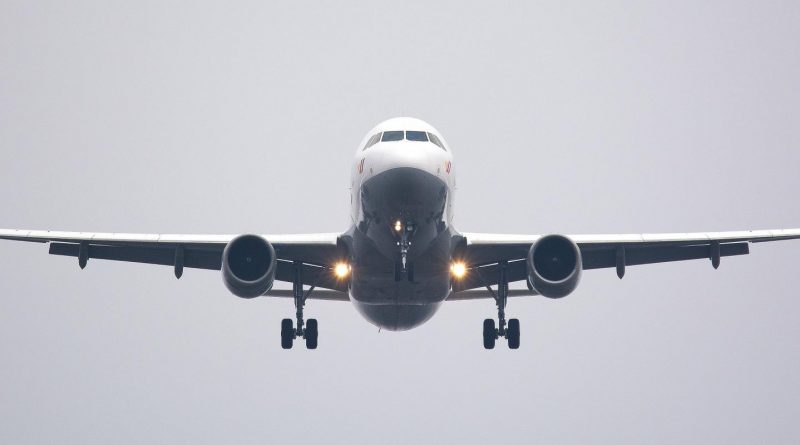Taxpayers cover my room and meals if I break the law, but not if I legally travel during shutdowns
We’re days away from the federal government detaining us when we arrive back in our home country. Detaining might be a strong word, but that’s essentially what the Canadian prime minister is enforcing when mandatory hotel quarantine begins on Feb. 22.
The possibility of stricter travel measures had been floated around and now it’s taking effect.
Air travellers must stay in a hotel upon arrival to Canada. When it was revealed the passengers must pay for the hotel room and food — the amount of $2,000 was kicked around — it raised even more eyebrows. Canadians are being forced to vacation when they get back to the Great White North. (There are other points to the order but I don’t have space in this column to list everything.)
It didn’t take long for people to complain about the new rules and for lawyers to begin pursuing a challenge to the rights of Canadians – as they seemingly have since coronavirus shutdowns began last year.
What’s confusing to me is that if I break the law and get thrown in jail, the government pays for my housing and meals. Yet, if I travel, which is still my legal right, I must pay for the temporary housing forced upon me by the government, and the food I eat during that time.
It makes you wonder if committing a crime at the airport just to avoid the expensive hotel stay is worthwhile. Not that I’m suggesting a prison cell is comparable to hotel accommodations, but you get my point.
I can go out and steal a car, I can randomly stab someone, I can hold up a store, and you, the taxpayer, will cover my living expenses in lockup. But if I fly to Minneapolis for the weekend to visit a relative needing my assistance, I’m on the hook to pay for a vacation in Canada that isn’t part of my initial trip.
The government foots the bill if I break the law but punishes me simply for travelling. Does that seem like an odd contradiction?
Before anybody suggests I’m missing the point, I understand why the government is imposing the rules. They’re trying to make it as unappealing as possible – if not difficult – for Canadians to travel. Problem is, it’s still my right if I so choose. The government can’t legally confine me to my own country so they’re finding the most inconvenient ways to keep me here. I get it.
The new measures might be in the public interest, but many adults don’t appreciate being told what they can and can’t do. As we’ve seen in the past year, people will often make decisions just to thumb their nose at government rules.
Finally, let me be absolutely clear: I’m not using this platform to encourage people to break the law. If you choose to commit a crime, that’s on you. I’m merely drawing a comparison by illustrating different scenarios.



